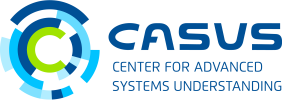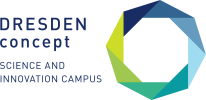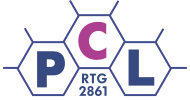© Pint of Science, 2026. Alle Rechte vorbehalten.
From powering our homes to decoding our thoughts, the future is electric! Join us for a journey into the electrification of everything—from the raw materials powering your phone to cutting-edge tech linking our brains to computers. We'll explore the global race for battery materials, the surprising role of biology in sustainable energy, and how bioelectronics are blurring the lines between humans and machines. Will sodium replace lithium? Can a chip really read your mind? Come find out what’s charging up tomorrow!
Electrification of our energy supply: How do we avoid raw material shortages?
Prof. Dr. Inez Weidinger
(Professor for Electrochemistry at the TU Dresden )
Our society is currently undergoing a profound transformation towards electrification. Batteries and fuel cells are set to replace fossil fuels and thus help reduce CO2 emissions. In combination with photovoltaics and wind power, electrochemical energy storage basically enables a CO2-neutral energy supply. However, this transformation is also leading to a shift in demand for raw materials - away from crude oil and towards metals such as lithium, cobalt and platinum. But how many and which countries actually provide these important raw materials? Is there a danger that we will end up replacing one dependency with another? Researchers are currently investigating more cost-effective and, above all, more sustainable alternatives, which I would like to present. A look at the periodic table shows that lithium, for example, could be replaced by sodium, which is much cheaper and more abundantly available. Biology also offers interesting approaches: A kind of “fuel cell chemistry” has been taking place here for millions of years - completely without platinum and using only sustainable raw materials.
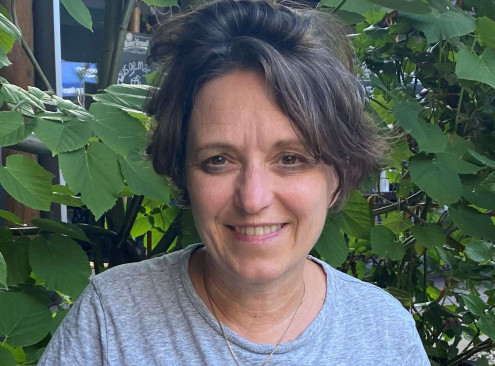
Inez Weidinger
Bioelectronics: linking cells, nerves and brains to computers
Prof. Dr. Ivan Rusev Minev
(Professor for Electronic Tissue Technologies at TU Dresden)
Bioelectronic interfaces establish a communication channel between living and electronic systems. Today they are used in clinical applications helping to improve the quality of life of patients affected by injury or degeneration of the nervous system. Media outlets sometimes discuss the rapid progress of such technologies. Will brain chips read our minds, how close are we to this? In this talk I will attempt to give a historical account, current status and where bioelectronic interfaces may be going in the future.
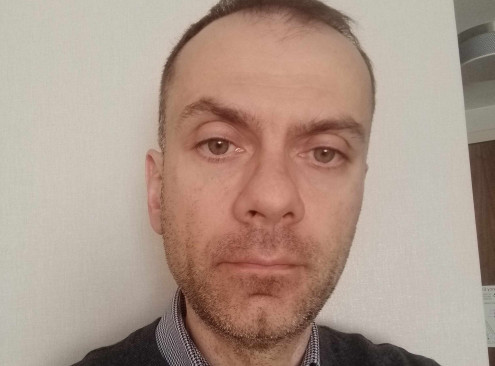
Ivan Rusev
© die Mitwirkenden OpenStreetMap
